Allergic rhinitis

specialists

equipment

treatment
Symptoms of allergic rhinitis
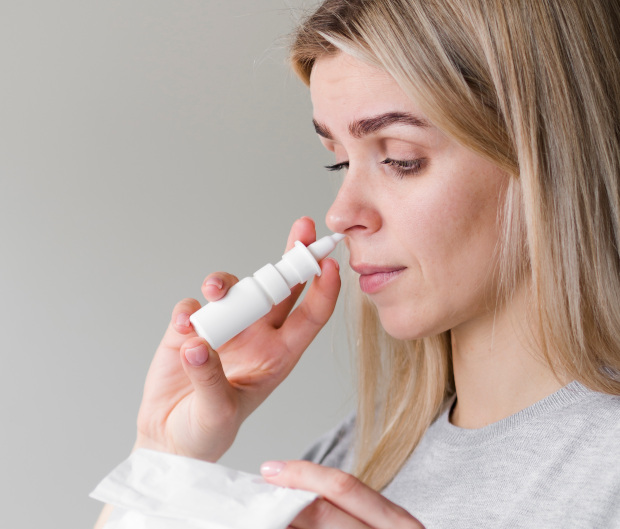
The pathology is manifested by a number of characteristic symptoms, the same for both children and adults. These include:
- Nasal stuffiness
- Difficulty in nasal breathing
- Sneezing (can be paroxysmal and repeated many times)
- Itchy nose
- Nasal discharge (copious, clear)
- Decreased or loss of sense of smell
In some patients, the leading symptoms are sneezing and itching, in others - nasal congestion and runny nose. There are also mixed cases. In addition, a runny nose is often accompanied by redness and itching in the eyes. This indicates simultaneously developing allergic conjunctivitis. Often the eyelids become very swollen. This symptom signals the development of a dangerous complication - Quincke's edema.
In the most severe cases, the symptoms of allergic rhinitis resemble the signs of ARVI. In this case, the person’s temperature rises slightly and a sore throat appears. Weakness increases, performance decreases, and general condition worsens.
General information about the treatment of allergic rhinitis
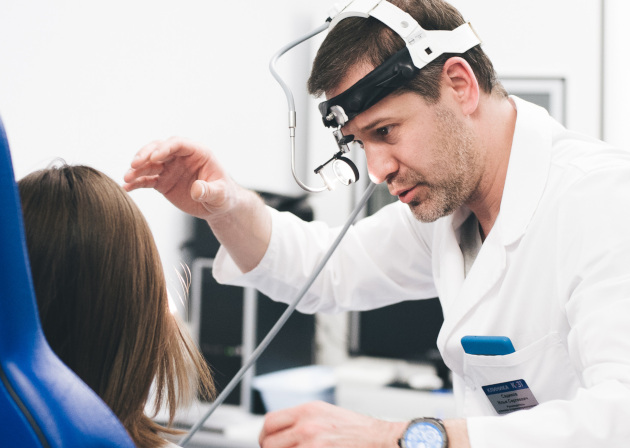
How is an appointment with an otolaryngologist at K+31?
Our doctors

This award is given to clinics with the highest ratings according to user ratings, a large number of requests from this site, and in the absence of critical violations.

This award is given to clinics with the highest ratings according to user ratings. It means that the place is known, loved, and definitely worth visiting.

The ProDoctors portal collected 500 thousand reviews, compiled a rating of doctors based on them and awarded the best. We are proud that our doctors are among those awarded.
Make an appointment at a convenient time on the nearest date
Price
Services

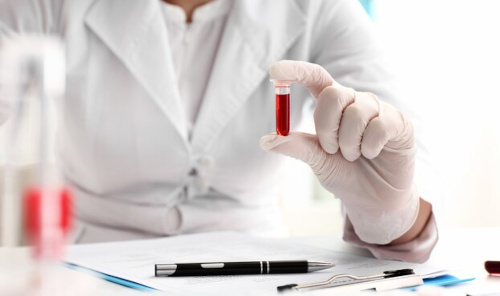
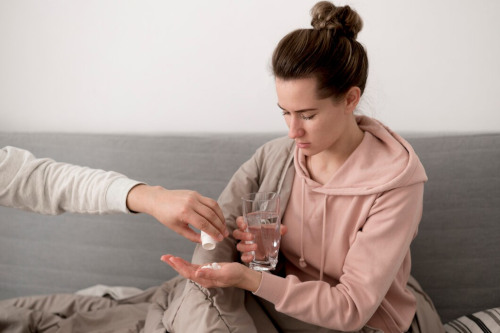
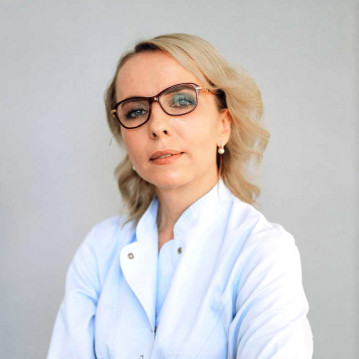
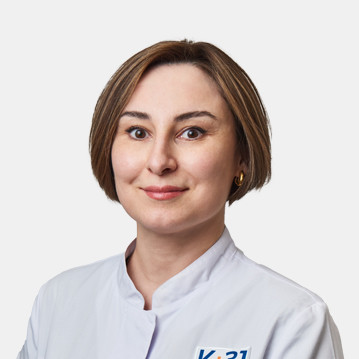
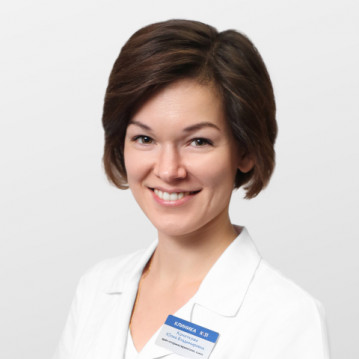

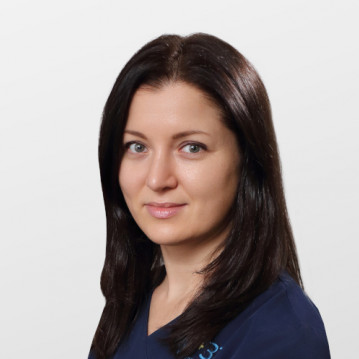
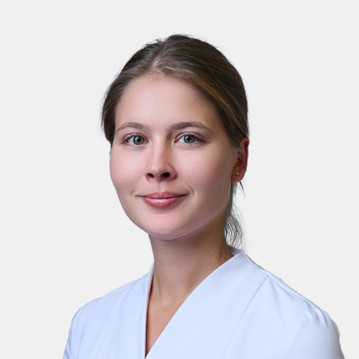
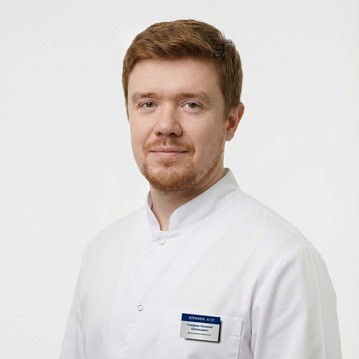
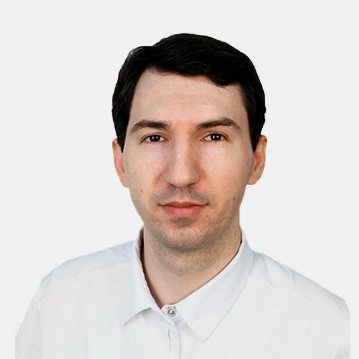
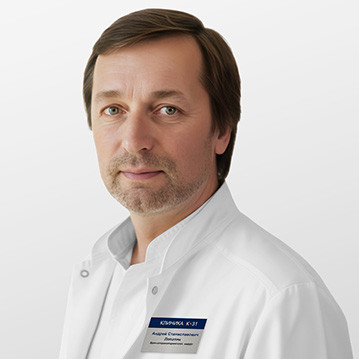
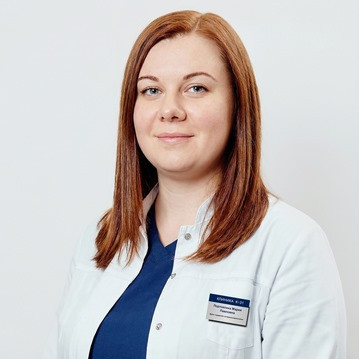
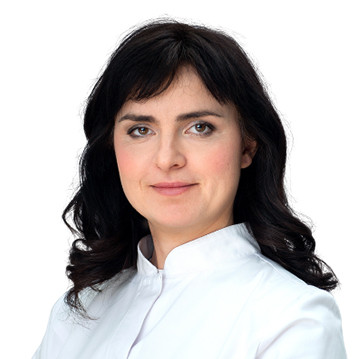
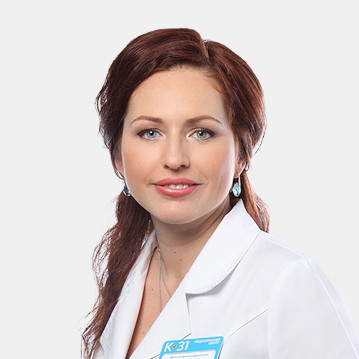
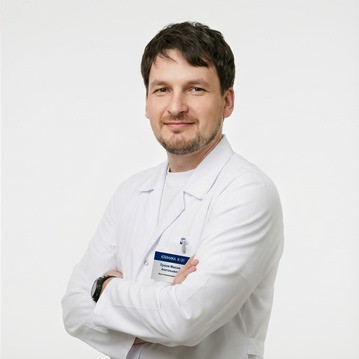
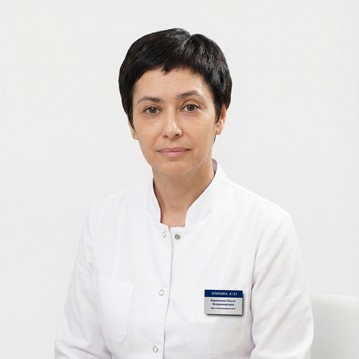
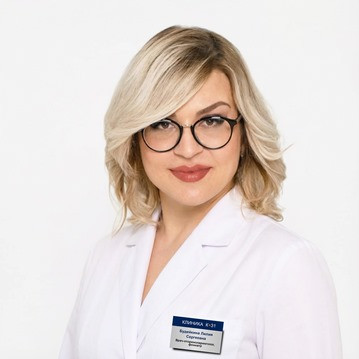
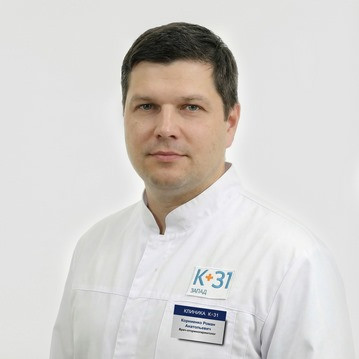
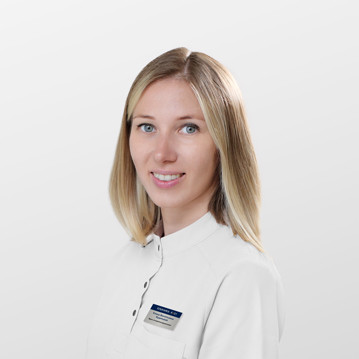
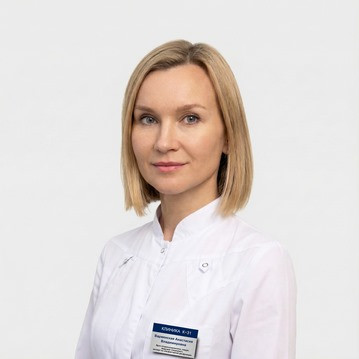
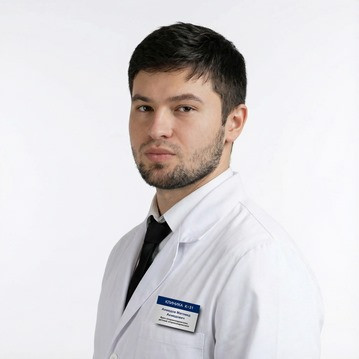

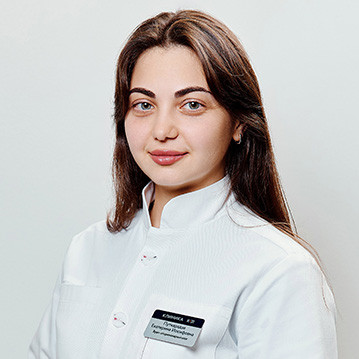
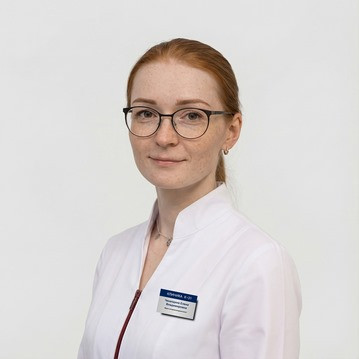
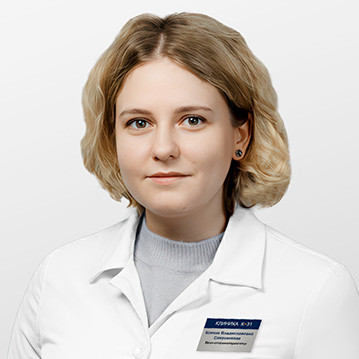
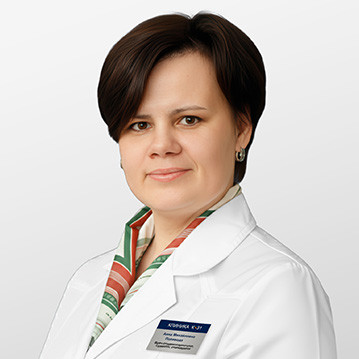
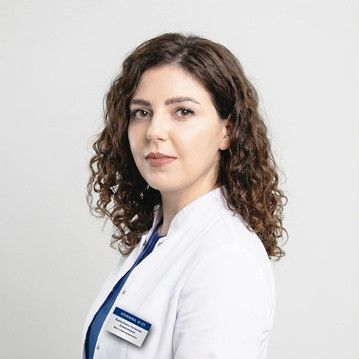
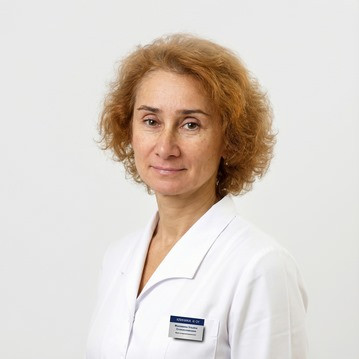
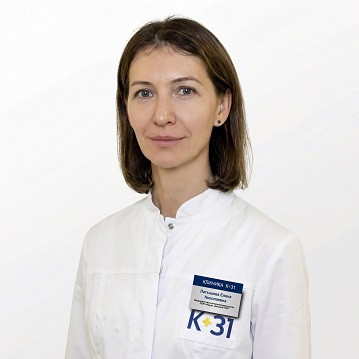
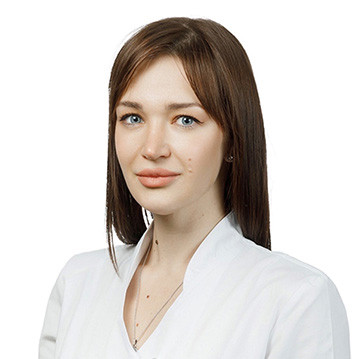
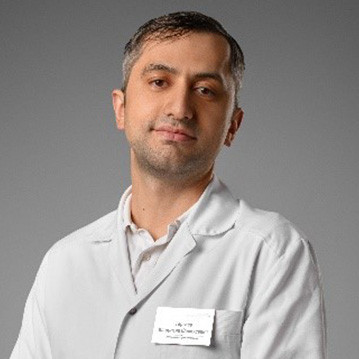







Causes of allergic rhinitis
One of the most common causative agents of allergic rhinitis is plant pollen (the most dangerous of them is ragweed, the peak of pollination of which occurs in July-October). During their flowering period, people at risk develop hay fever or “hay fever”.
Some people have a reaction to dust mites. These invisible creatures live in house dust and feed on organic particles (in particular, dead skin cells). In highly dusty conditions, the cause of allergic reactions is their excrement.
In addition, an allergic reaction is caused by specific proteins contained in the hair and saliva of pets. Symptoms intensify with direct contact with the pet.
Also at risk of developing allergic rhinitis are people whose profession involves constant contact with dust, chemicals or specific materials. In particular, reactions to flour, latex, feathers and even some medications are very common .